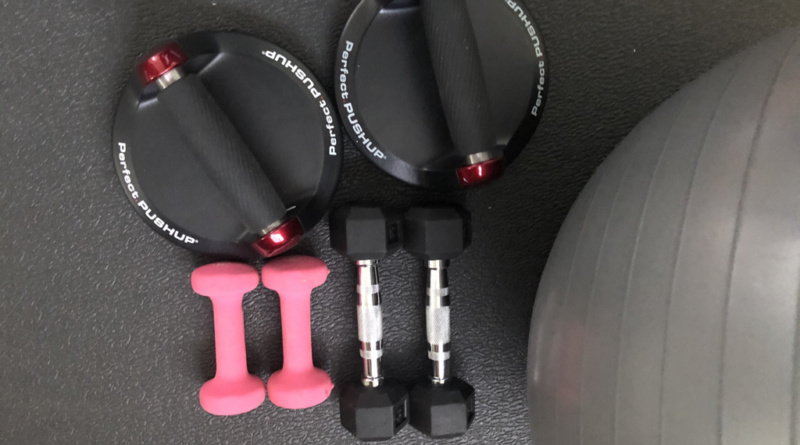Continuing lockdown harms students’ physical health
PHOTO: Due to the pandemic, many Davis residents have turned to indoor exercise equipment or taking walks outside in order to continue physical activity.
By Allyson Kang,
BlueDevilHUB.com Editor-in-chief–
Almost one year has passed since Davis first went into lockdown, and many Davis teenagers are facing physical challenges, including physical fitness, nutrients deficiencies and poor posture.
“It has been a very hard time for all families and […] teens. We have seen an increase in depression and anxiety as well as obesity during the pandemic,” said Dr. Samantha Auman, a pediatrician at the Davis Kaiser Permanente Clinic.
Dr. Auman attributes these changes to social isolation as well as staying inside and decreasing physical activity. Virtual school has led to the loss of micro-movements that students usually do not even think about, like walking down the hallways between classes and going to attend clubs.
“All those little movements throughout the day really add up […] With the pandemic and shelter-in-place, all those movements are gone, and routine is out the window,” said Debbie Fetter, a UC Davis nutrition professor. Fetter encourages high school students to focus on building a routine and keep up with their physicals if it is safe for them to do so.
Senior Sophie Zhang, who usually bikes to school and plays on the tennis team, has found her physical activity decreasing.
“I exercise less since I’m always cooped up at home and feel less inclined to go outside […] I’m also eating more since I’m spending more time at home,” Zhang said.
“One of the most important parts about health right now is really recognizing the overall wellness and mental health relationship as well,” Fetter said. She believes school health support systems connecting students through clubs and awareness projects may help.
For more resources, Anna Marie Jones, assistant project scientist for the UC Davis Department of Nutrition, recommends visiting the Alliance for a Healthier Generation.
Staying inside has posed another challenge in the form of nutrient deficiencies. Junior HaoYun Xu has become vitamin D deficient and reports a few of her friends also have vitamin deficiencies as well. She attributes it to the lockdown generally preventing her from going outside.
“It’s demotivating when you spend half your day in front of a screen for classes, then you have homework right after that, in comparison to when school was in person, and everyone already walked around out- side,”” Xu said.
“In general […] vitamin D has always been an issue,” Fetter said. Fatty fish, eggs, milk, mushrooms and fortified foods are some of the only sources of Vitamin D.
Fetter theorizes that families who stocked up on non-perishable foods at the beginning of the pandemic may have inadvertently impacted the nutrition of their children because a diet based on just these items may lead to deficiencies in essential vitamins, minerals and fiber.
She is especially concerned about calcium for high school students, as the nutrient builds bone mineral density.
Before taking any supplements though, “always check in with your doctor […] to make sure they’re right for you,” Jones said.
Spending a great deal of time indoors at a desk has led to another disadvantage for some students — pain from poor posture. Senior Anne Zhao has recently started experiencing neck tension.
“’I’ve had it in the past, but during the recent months it’s regressed to the point where I can crack my neck with a small pop,” Zhao said. “Bad posture from sitting at my desk for hours on end is probably the main factor.”
She highly recommends students get a laptop stand if they are able to.



